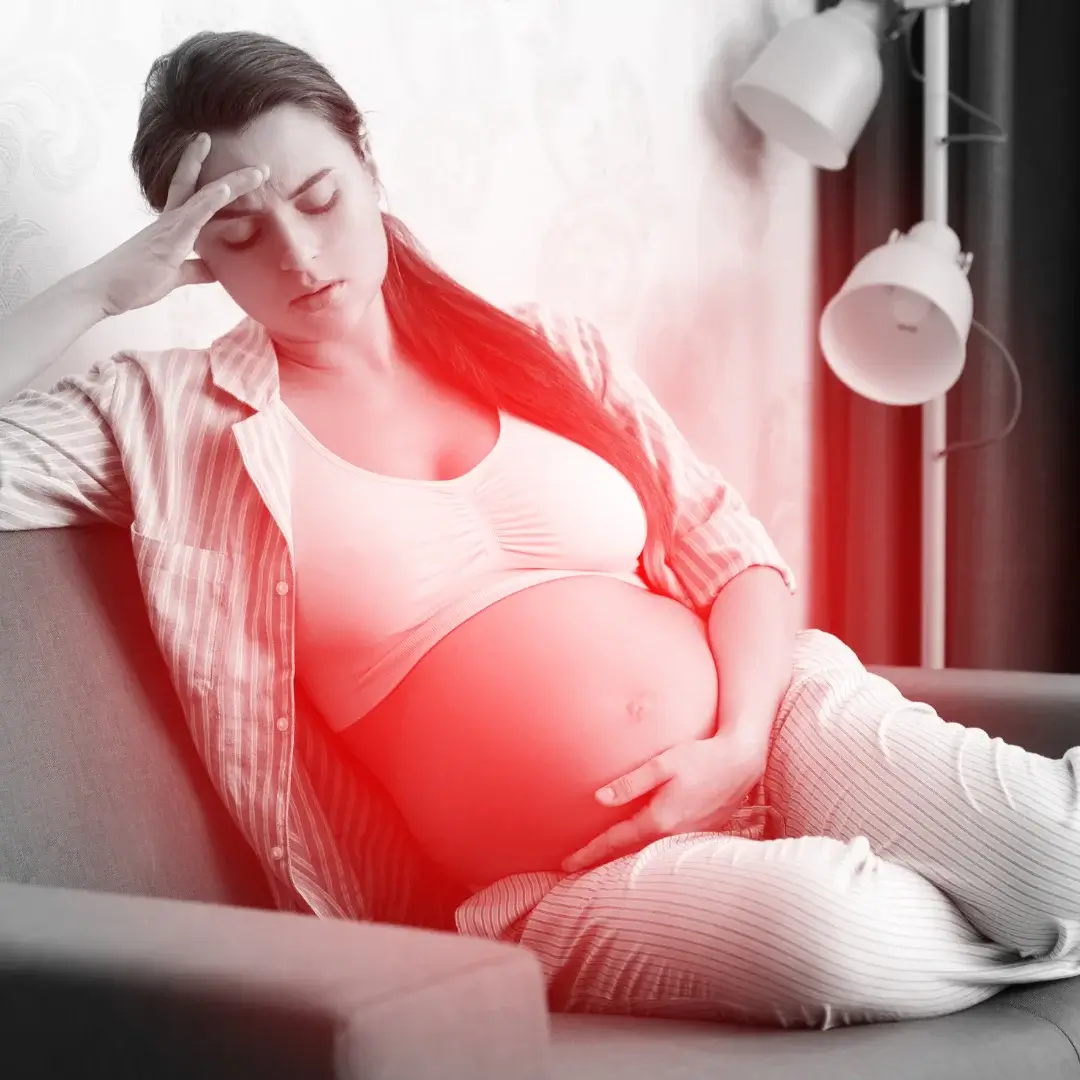Overview:
Pregnancy and the postpartum period are transformative experiences in a woman’s life, marked by physical, emotional, and hormonal changes as she nurtures and delivers a new life into the world. From conception to childbirth and beyond, each stage brings unique joys, challenges, and adjustments as women navigate the profound journey of motherhood. Understanding the physiological changes, common discomforts, and available support resources during pregnancy and postpartum is essential for promoting maternal health, well-being, and empowerment throughout this transformative process.
Anatomy:
During pregnancy, a woman’s body undergoes remarkable changes to support the growth and development of the foetus. These changes include:
- Uterine expansion: The uterus enlarges to accommodate the growing foetus, expanding from the size of a pear to that of a watermelon by the end of pregnancy.
- Hormonal fluctuations: Hormones such as oestrogen, progesterone, and relaxing surge to support foetal development, regulate maternal metabolism, and prepare the body for childbirth.
- Pelvic adaptations: The pelvic bones and ligaments undergo modifications to facilitate childbirth, including pelvic widening, softening of ligaments, and increased flexibility in the pelvic joints.
- Cardiovascular adjustments: Blood volume and cardiac output increase to meet the demands of pregnancy, supplying oxygen and nutrients to the developing foetus and supporting maternal circulation.
Causes:
Pregnancy-related discomforts and challenges during the postpartum period may arise from various factors, including:
- Hormonal fluctuations: Changes in hormone levels during pregnancy and postpartum can affect mood, energy levels, and physical symptoms such as nausea, fatigue, and mood swings.
- Physical strain: The physical demands of pregnancy, childbirth, and caring for a newborn can lead to musculoskeletal discomfort, back pain, pelvic floor dysfunction, and postpartum recovery challenges.
- Emotional adjustments: Pregnancy and new motherhood bring significant emotional adjustments, including anxiety, depression, and mood changes, as women navigate the transition to parenthood, changes in identity, and balancing caregiving responsibilities with self-care needs.
Symptoms:
Common symptoms experienced during pregnancy and postpartum may include:
- Morning sickness: Nausea and vomiting, particularly during the first trimester of pregnancy, due to hormonal changes and heightened sensitivity to odours and tastes.
- Fatigue: Increased levels of progesterone, physical exertion, and disrupted sleep patterns during pregnancy and postpartum can contribute to feelings of exhaustion and low energy.
- Back pain: Strain on the lower back and pelvic muscles, hormonal changes, and postural adjustments during pregnancy can lead to backache and discomfort, especially in the later stages of pregnancy.
- Pelvic girdle pain: Pain or discomfort in the pelvic region, hips, or pubic area due to hormonal changes, pelvic instability, or pressure on the pelvic floor during pregnancy and postpartum.
- Emotional changes: Mood swings, anxiety, and depression may occur during pregnancy and postpartum, influenced by hormonal fluctuations, physical discomfort, sleep deprivation, and adjustment to new roles and responsibilities.
Diagnosis and Tests:
Diagnosing and monitoring maternal health during pregnancy and postpartum involves comprehensive prenatal and postnatal care, including:
- Obstetric assessments: Regular prenatal check-ups with an obstetrician or midwife to monitor foetal growth, maternal health, and pregnancy progress through physical examinations, ultrasound scans, and laboratory tests.
- Screening for gestational conditions: Testing for gestational diabetes, preeclampsia, and other pregnancy-related complications to ensure timely diagnosis and management to protect maternal and foetal health.
- Postpartum care: Follow-up appointments with healthcare providers after childbirth to assess maternal recovery, address breastfeeding concerns, provide contraception counselling, and screen for postpartum depression or anxiety.
Management and Treatment:
Managing pregnancy-related discomforts and supporting maternal well-being during the postpartum period may involve:
- Prenatal education: Participating in prenatal classes or childbirth education programs to learn about pregnancy, childbirth, breastfeeding, newborn care, and postpartum recovery, empowering women to make informed choices and prepare for the journey of parenthood.
- Nutritional support: Following a balanced diet rich in nutrients, vitamins, and minerals to support maternal and foetal health during pregnancy and postpartum, including adequate hydration, supplementation as recommended by healthcare providers, and guidance on healthy eating habits.
- Exercise and physical activity: Engaging in regular physical activity, prenatal yoga, or gentle exercises tailored to the needs and abilities of pregnant and postpartum women can improve fitness, alleviate discomfort, reduce stress, and promote overall well-being.
- Emotional support: Seeking emotional support from partners, family members, friends, or mental health professionals during pregnancy and postpartum can help women cope with emotional changes, address anxiety or depression, and foster resilience and self-care practices.
- Postpartum recovery: Prioritising rest, relaxation, and self-care during the postpartum period, including adequate sleep, pelvic floor exercises, perineal care, and gradual return to physical activity, to support maternal recovery, healing, and adjustment to new parenthood roles.
Prevention:
Preventive measures to support maternal health and well-being during pregnancy and postpartum include:
- Seeking early and regular prenatal care to monitor maternal and foetal health, receive appropriate screenings and interventions, and address any concerns or complications promptly.
- Practising self-care strategies such as stress management techniques, relaxation exercises, and mindfulness practices to promote emotional resilience, reduce anxiety, and enhance maternal coping skills during pregnancy and postpartum.
- Building a support network of healthcare providers, family members, friends, and community resources to provide practical assistance, emotional support, and encouragement throughout the pregnancy and postpartum journey.
Outlook / Prognosis:
The outlook for pregnancy and postpartum varies for each woman and may be influenced by factors such as overall health, pregnancy complications, childbirth experience, social support, and access to healthcare resources. With comprehensive prenatal care, attentive postpartum support, and adherence to healthy lifestyle practices, most women can experience a positive pregnancy and postpartum journey, fostering maternal health, well-being, and bonding with their newborns. By prioritising maternal self-care, seeking support, and embracing the joys and challenges of motherhood, women can navigate the transformative experience of pregnancy and postpartum with confidence, resilience, and empowerment.
Living With:
Living with pregnancy and postpartum involves adapting to physical, emotional, and lifestyle changes while prioritising maternal and infant health and well-being. By seeking timely medical care, engaging in self-care practices, and accessing support services, women can navigate the challenges of pregnancy and postpartum with confidence and resilience.

